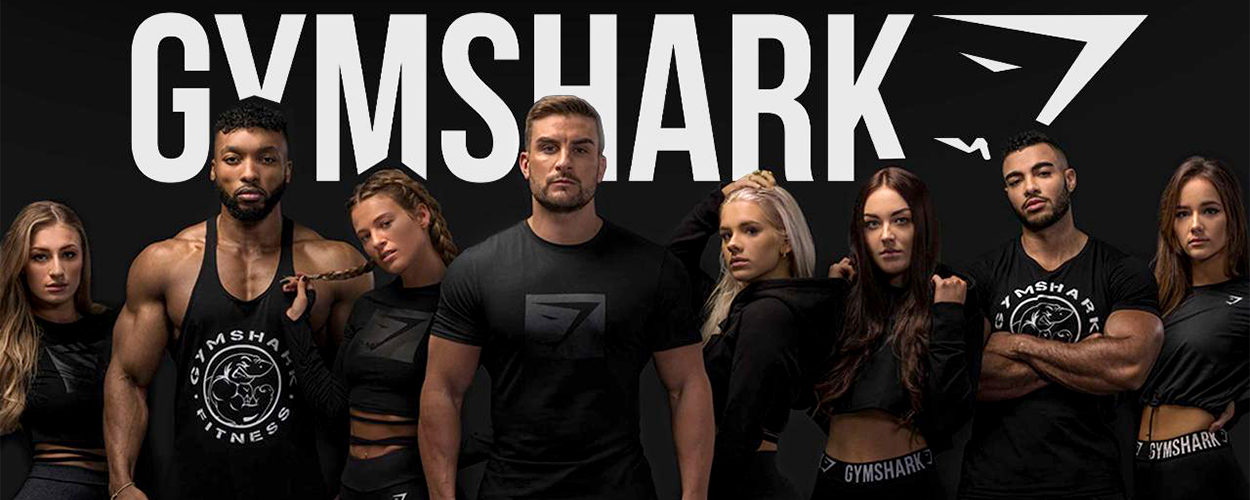This website uses cookies so that we can provide you with the best user experience possible. Cookie information is stored in your browser and performs functions such as recognising you when you return to our website and helping our team to understand which sections of the website you find most interesting and useful.
Business News Digital Labels & Publishers Legal
Sony Music sues Gymshark over unlicensed recordings in its social media videos
By Chris Cooke | Published on Tuesday 20 July 2021

Sportswear firm Gymshark has been quite successful hasn’t it? What with the £200 million investment last year that valued the company – originally run from the garage of its founder’s parents – at more than a billion dollars. But you know what is really behind that success? The rampant copyright infringement of Sony Music recordings, that’s what.
Yes, Sony Music has sued Gymshark through the Californian courts over all the unlicensed music the sportswear brand has allegedly used in its social media promo in recent years, which includes lots of tracks released and owned by the major.
“Defendant Gymshark Limited is a fitness apparel and accessories manufacturer and online retailer”, says Sony’s lawsuit. “Gymshark has achieved its success by infringing sound recordings and musical compositions belonging to a number of different content owners, including plaintiffs’ copyrighted sound recordings, on a massive scale”, it then adds, with just a pinch of hyperbole.
Noting that Gymshark’s marketing is very much focused on posting videos to social media services like Facebook, Instagram and TikTok, the lawsuit says that – so prolific is the sportswear company in that domain – that from just Sony’s catalogue it has “misappropriated hundreds of the most popular and valuable sound recordings in the market, using those creative works to drive massive sales to Gymshark without any compensation to plaintiffs”.
“These works”, it goes on, “include sound recordings featuring such chart-topping and award-winning artists as Beyonce, Britney Spears, The Chainsmokers, Justin Timberlake, A$AP Rocky, Travis Scott, Harry Styles, Usher, Noah Cyrus, and Calvin Harris”.
Now, obviously the social platforms Gymshark has used to flog its sporty wears do have licensing deals with Sony Music – and other record labels, music publishers and collecting societies – covering user-generated content. But only user-generated content, please note. Not promo videos created by a sportswear brand. And not even the promo content created for Gymshark by some of those pesky influencers.
Later in the lawsuit, Sony Music cites the terms and conditions on Instagram and TikTok’s websites that stress that commercial content on those platforms must only use music that the creators of said content have properly licensed. And Gymshark isn’t entirely ignorant of how music licensing works, the major adds, because late last year it approached the record company to discuss getting a licence for one specific video that used the Russ track ‘The Flute Song’. However, in the end, it just used the track without licence.
Should the case get to court, the specific claims regarding Gymshark-commissioned influencer content could be interesting, given that influencers arguably blur the line between private users and corporate users of social media, and might therefore assume that they are covered by the music licences secured by the social media companies.
Though, Sony will stress, as soon as a brand commissions a social media user – and especially when cash or goodies are exchanged – that user is definitely not a private user anymore.
Concluding, Sony Music states: “Defendants’ conduct is causing, and, unless enjoined by this court, will continue to cause plaintiffs great and irreparable injury that cannot be fully compensated or measured in money”. Though statutory damages of $150,000 per track used without licence would help, it adds.





